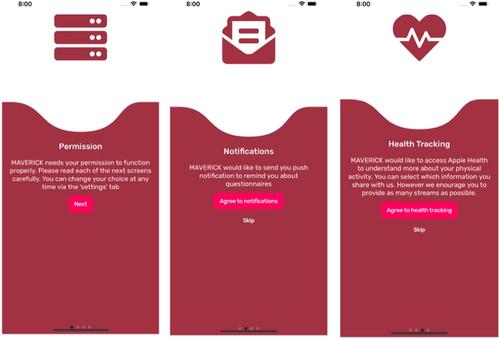Using passive and active data to predict posttraumatic stress disorder symptoms and cannabis use in recently discharged UK veterans: A protocol for the MAVERICK feasibility study
Abstract
Posttraumatic stress disorder (PTSD) and comorbid cannabis use disorder (CUD) is a growing concern amongst UK veterans. Co-occurrence of problematic cannabis use, and PTSD is associated with greater PTSD symptom severity, decreased likelihood of cannabis use cessation, worse clinical outcomes, and increased societal burden. Despite increased screening efforts among veterans, there are no effective strategies for predicting risk for PTSD and problematic drug use escalation before these conditions develop, worsen, or become chronic. This feasibility study employs a 4-week (28-day) longitudinal design (daily data collection), multiple passive data collection features via a bespoke study smartphone app called MAVERICK, and active data collection via wearable technology to predict clinically meaningful escalations in cannabis use and PTSD symptoms in UK veterans. Questionnaire data will be collected between 06:00 a.m. and 10:00 a.m. each day. Passive data will be collected continuously in the background. The study will begin recruitment in June 2023 and will require 18 months to complete. Study results are expected to be published in January 2024. This trial will provide information on the feasibility and utility of a smartphone app (MAVERICK) to collect both active and passive data to predict PTSD symptoms and cannabis use in a UK veteran population. If the smartphone app is deemed feasible and acceptable to users, it has the potential to provide an effective measurement tool to mitigate risk of PTSD and problematic cannabis use among veterans.


 求助内容:
求助内容: 应助结果提醒方式:
应助结果提醒方式:


